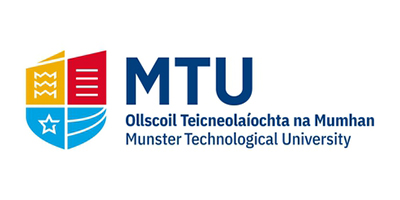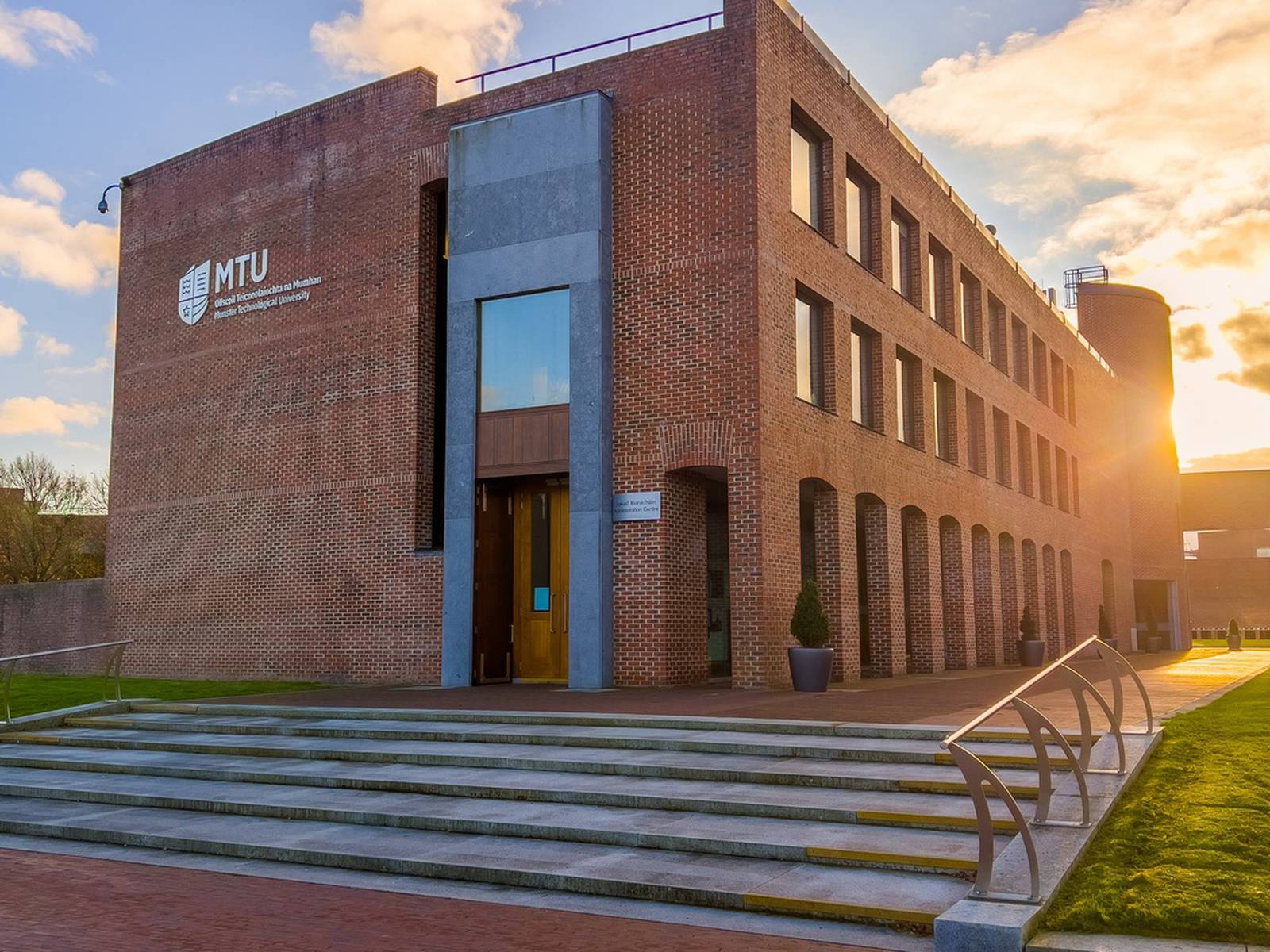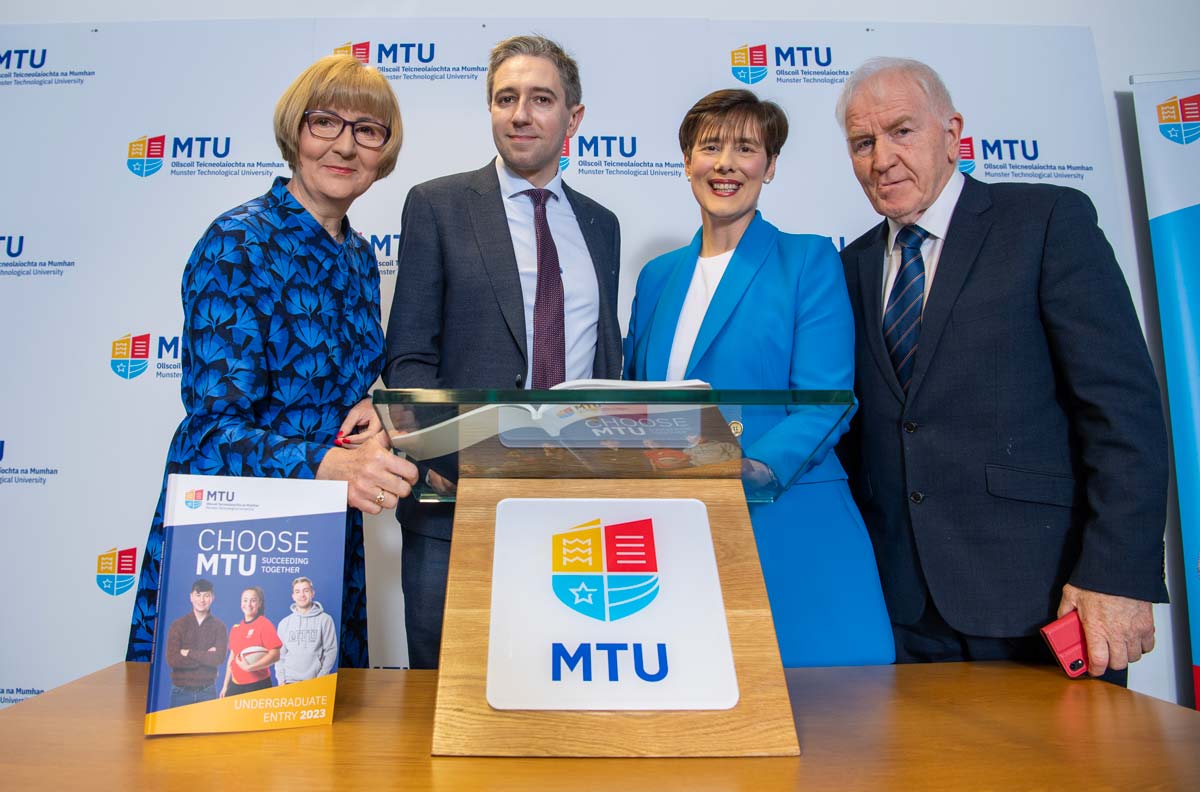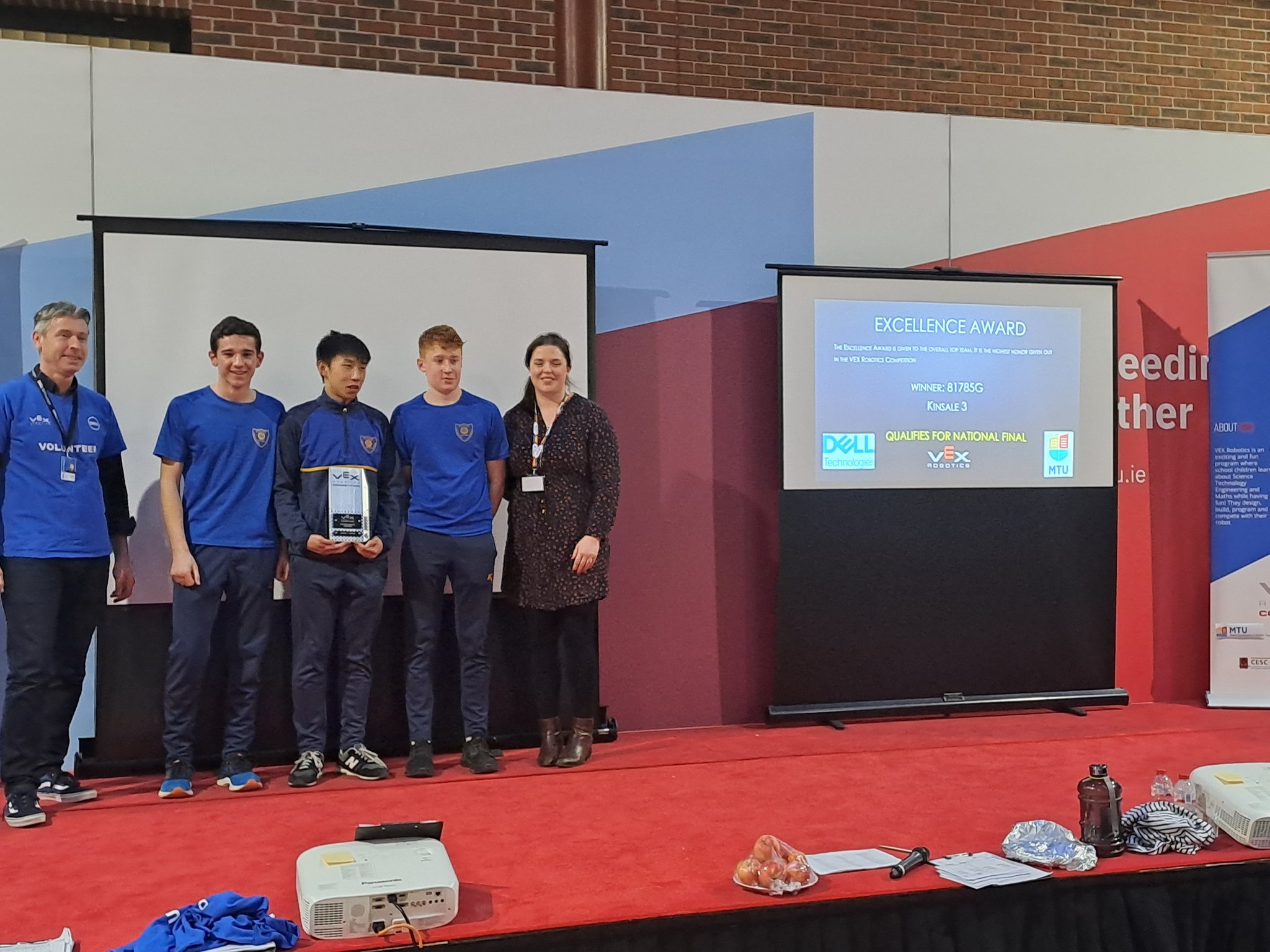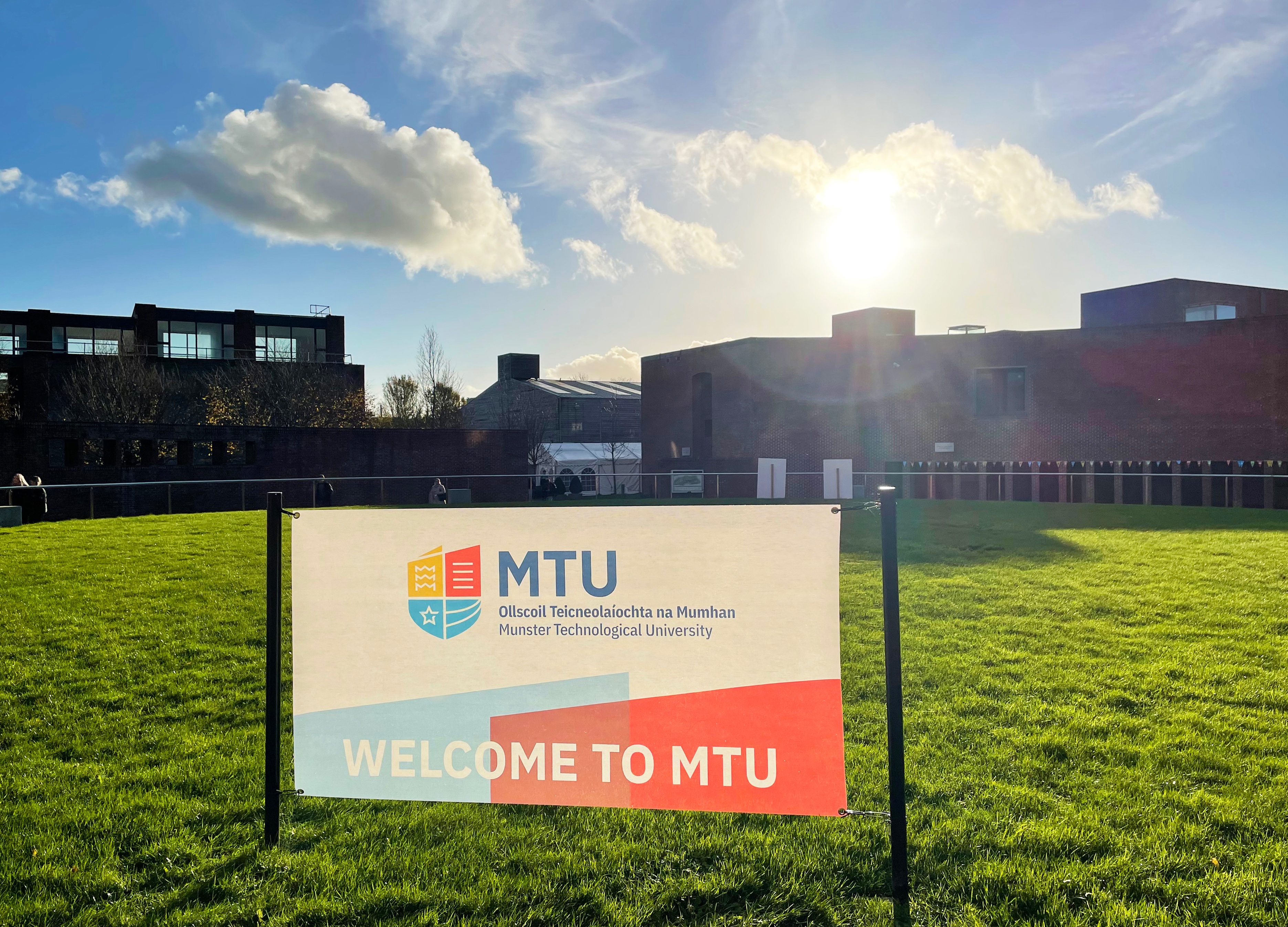About
Founded in 1780, the University of Munster, also known as the fifth-largest university in Germany, was originally established as the Royal Theological and Philosophical Academy. Its School of Business and Administration was the first department to offer both bachelor's and master's degrees.
The university's campus includes student accommodation, dining areas, and lodging for visiting families. It also provides guesthouses for international researchers. The well-maintained campus is surrounded by greenery and features a library with a collection of up to 6.2 million books, research papers, and journals. Additionally, the campus hosts various activities, events, and competitions to support student development.
With approximately 44,842 students, the university has seen a steady increase in enrollment. It offers over 120 subjects and more than 280 degree programs, including undergraduate and postgraduate options, as well as programs in sports, foreign languages, and music. The university is home to three prominent centers: the Centre for Nanotechnology, the European Research Centre for Information Systems, and the Max Planck Institute for Molecular Biomedicine. It also hosts gue
st lectures by industry professionals.
Originally comprising four faculties, the university now has 15 faculties and is part of a network of fifteen research centers. It employs 7,258 staff members, including academic staff and professors, and had an expenditure of 637.1 million euros in 2019. The university maintains partnerships with over 550 universities and academic institutions worldwide.
Notable alumni include Gustav Heinemann (former President of Germany), Friedrich Hirzebruch (renowned mathematician), Ursula Von Der Leyen (Federal Minister of Labour and Social Affairs), Matthias Hentze (Associate Director of Molecular Biology Lab), Barbara Stuhlmeyer (writer), Oliver Welke (comedian), Birgit Fischer (athlete), Kai Diekmann (Chief Editor of Bild), and Dieter Fenske (chemist).
Read more
